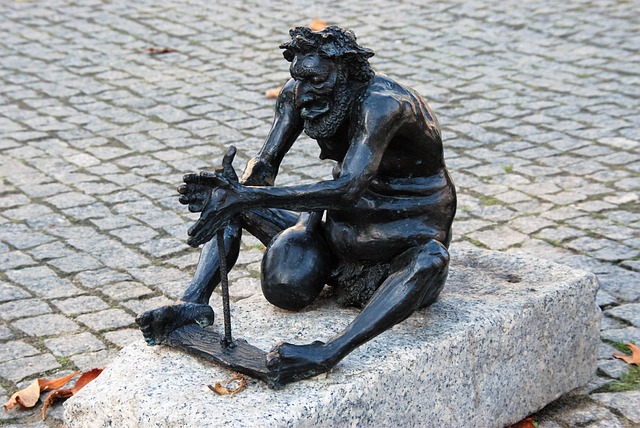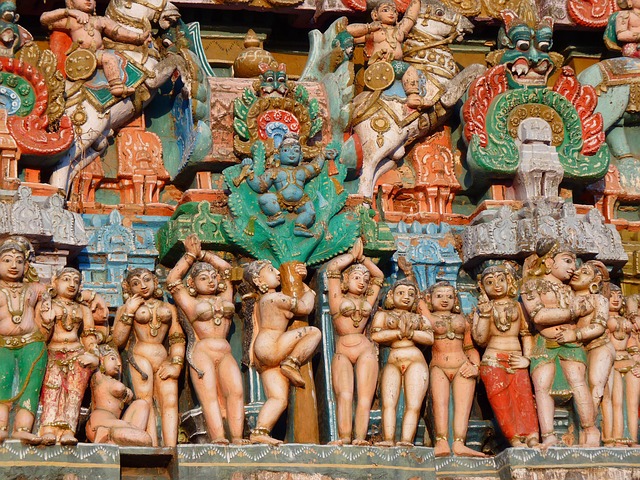In the vibrant tapestry of ancient religion, few deities embody the spirit of ecstasy and revelry quite like Bacchus, the Roman god of wine, fertility, and festivity. Often seen as a personification of the liberating power of intoxication, Bacchus invites us to explore the duality of human nature—our capacity for joy and despair, chaos and order. This enigmatic figure resonates deeply with those who yearn for transcendence and connection with the divine.
Bacchus, known as Dionysus in Greek mythology, was celebrated for his ability to dissolve the barriers of ordinary existence. His festivals, the Bacchanalia, were occasions laden with music, dance, and indulgence in wine, drawing in followers from all walks of life. These festivities were not merely for amusement; they represented a sacred communion between mortals and the divine, a time when participants could momentarily escape the constraints of societal norms and experience uninhibited joy.
In many ancient cultures, wine was not just a consumer product; it was considered a divine gift that connected humanity to the gods. The intoxicating effects of Bacchus’s favorite beverage were viewed as a pathway to spiritual enlightenment. Through the haze of inebriation, followers believed they could attain a glimpse of the divine, shedding their earthly worries and engaging in a metaphysical journey. This connection to the divine makes Bacchus a crucial emblem in understanding our quest for spiritual fulfillment and the need for communal experiences.
Moreover, Bacchus symbolizes the natural cycle of life—growth, decay, and rebirth. The cultivation of grapes and the fermentation process reflect the fertility of the earth and the perpetuation of life. In many ancient rituals, wine was poured as an offering to the gods, uniting the realms of the physical and spiritual. This act of offering highlights humanity’s gratitude for the bounty of nature and reminds us of our reliance on the divine for sustenance and joy.
As we reflect on Bacchus’s influence today, we find that the themes of indulgence, celebration, and the search for deeper meaning resonate in modern spirituality. Whether through gatherings that celebrate life, the arts, or even a simple glass of wine shared with friends, the essence of Bacchus continues to inspire us to embrace life’s pleasures while remaining aware of the spiritual connections that bind us all.
Indeed, embracing the spirit of Bacchus encourages us to explore our own limits, desires, and relationships with the divine. It poses the timeless question: how do we find balance in our lives, allowing for both the ecstasy of revelry and the grounding of responsibility? In seeking answers, we find ourselves woven into the ancient narratives of gods and rituals that have long transcended time, urging us to celebrate what it means to be alive.




